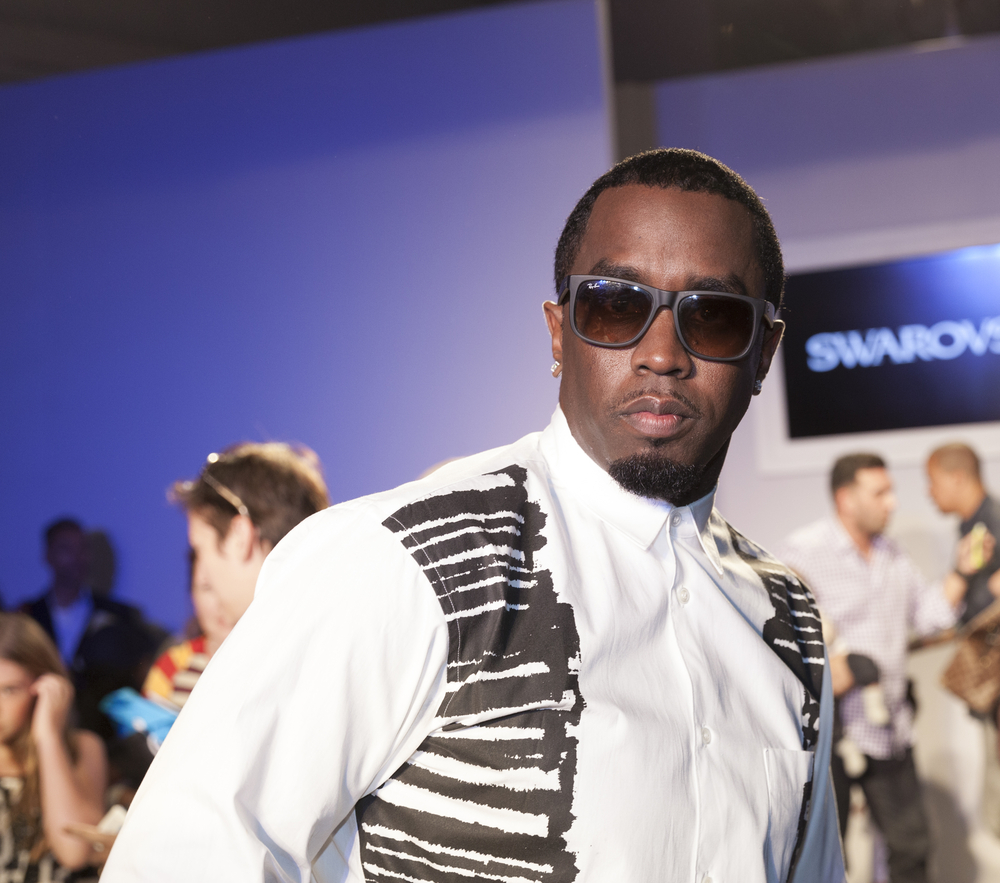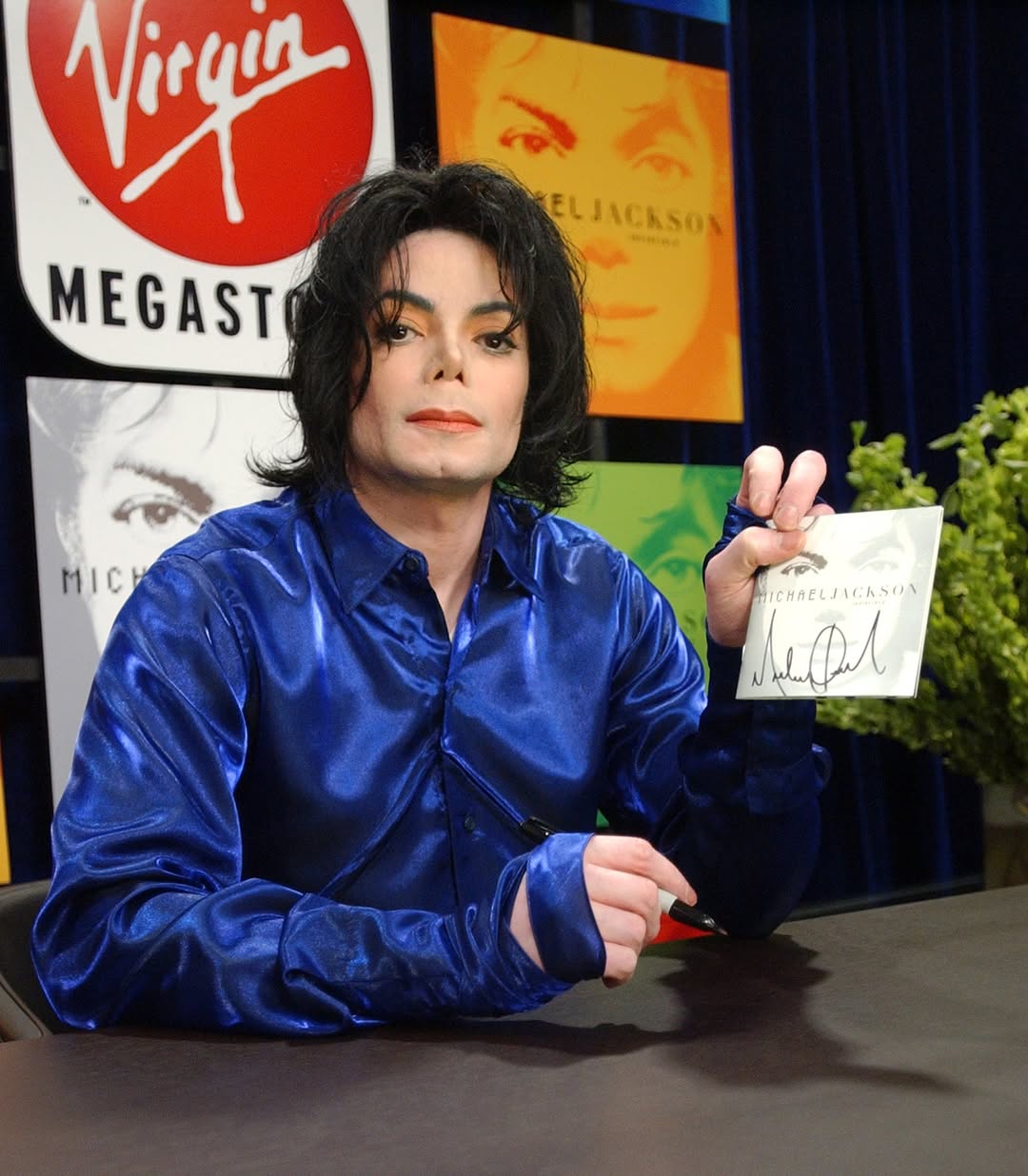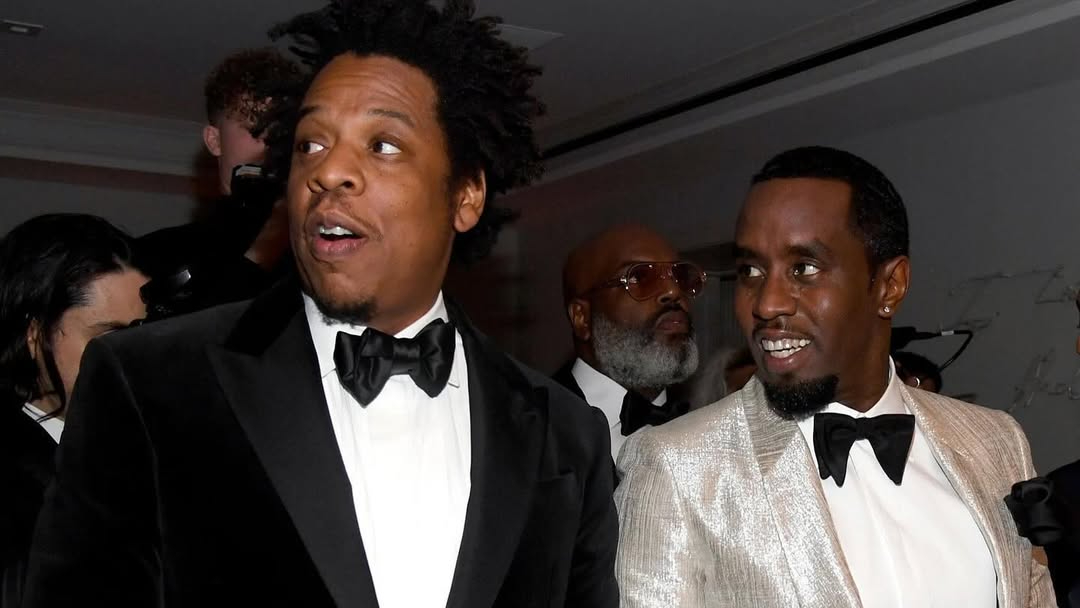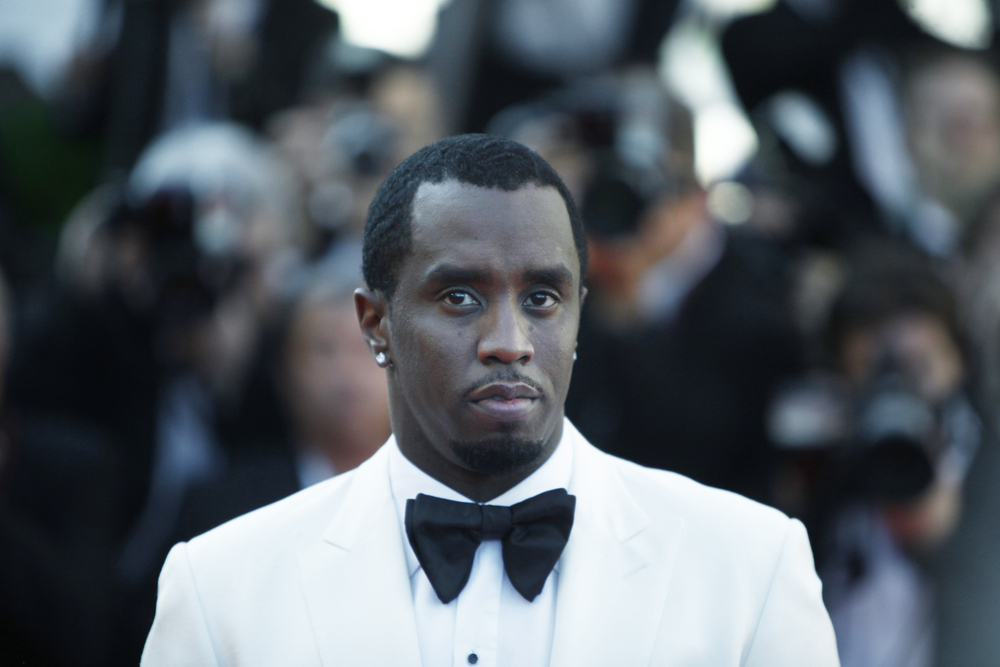Why I Won’t Listen to P Diddy in 2025—But Still Play Michael Jackson
In an era where streaming a song can be seen as a form of endorsement, I've found myself grappling with the ethics of listening to artists accused of serious misconduct. Specifically, I would say I now would not choose to listen to a P Diddy song in 2025, and might even skip over it, if I had the aux. However, I do find it interesting that I wouldn't skip a Michael Jackson song even thought I don't condone or excuse either of these music stars' behaviour which has come to light.
Having thought about this and discussing it with others, I think this is down to context and time proximity.

The Proximity of Allegations Matters
P Diddy, once a titan in the music industry, is currently facing multiple serious allegations, including sexual misconduct and abuse. These are not distant claims from decades past; they are ongoing, with legal proceedings and public discourse unfolding in real-time. Continuing to stream his music now feels like a direct support of someone under active investigation for grievous offenses.
In contrast, Michael Jackson's most severe allegations resurfaced posthumously, notably through the 2019 documentary Leaving Neverland. While the claims are serious and have led to extensive debate, Jackson's death in 2009 means he no longer benefits directly from streams or sales. For many, including myself, this temporal distance creates a psychological buffer, making it feel less like an endorsement of the individual and more an appreciation of the art that has been part of our cultural fabric for decades.
The Impact of Streaming on Artist Support
Streaming isn't just about personal enjoyment; it's also about financial support and public visibility. While some radio stations have pulled back—Billboard Music reported a 25% drop in Combs's radio airplay—major platforms like Apple Music, Spotify, and YouTube have taken no action, and his music remains widely available according to the Guardian. Despite the public backlash, the lack of consistent industry response shows that financial and cultural interests may still outweigh accountability in cases like this.

Michael Jackson's situation presents a more complex picture. Following the airing of Leaving Neverland, his music experienced a temporary decline in sales and airplay. However, streaming numbers eventually increased, suggesting a resurgence in public interest or a separation of the art from the artist in the minds of listeners.
When we mention MJ now, we often hear the phrase "we need to seperate the art from the artist" and whilst that may be the case for this particular musician, we cannot support abusive artists who are still in the public eye. This only goes on to show young people especially that even if you break the law and hurt others to this extent that you can still be successful at the same time.
This is the reason I now wouldn't listen to other artists such as R Kelly and Chris Brown as well, because they are still around to benefit.
Related: Jay-Z and Sean 'Diddy' Combs Face Explosive Allegations of Assault on Minor at 2000 VMAs Party
Related: Diddy Denounces 'Frivolous' Lawsuit as Alleged Witness Emerges in 1997 Assault Case

Navigating the Ethics of Listening
Choosing what music to listen to is a personal decision, but it's also a reflection of our values and the kind of behavior we choose to overlook or condemn. In the case of P Diddy, the immediacy and severity of the allegations make it difficult for me to separate the artist from his art. Streaming his music now feels like a tacit endorsement of someone whose actions are under serious scrutiny.
With Michael Jackson, the passage of time and his absence from the current cultural landscape allow for a more nuanced engagement with his music. It's not about ignoring the allegations but recognizing that listening to his songs today doesn't contribute to his personal gain or influence.
Do you still listen to these music artists, and do you think it's right?














